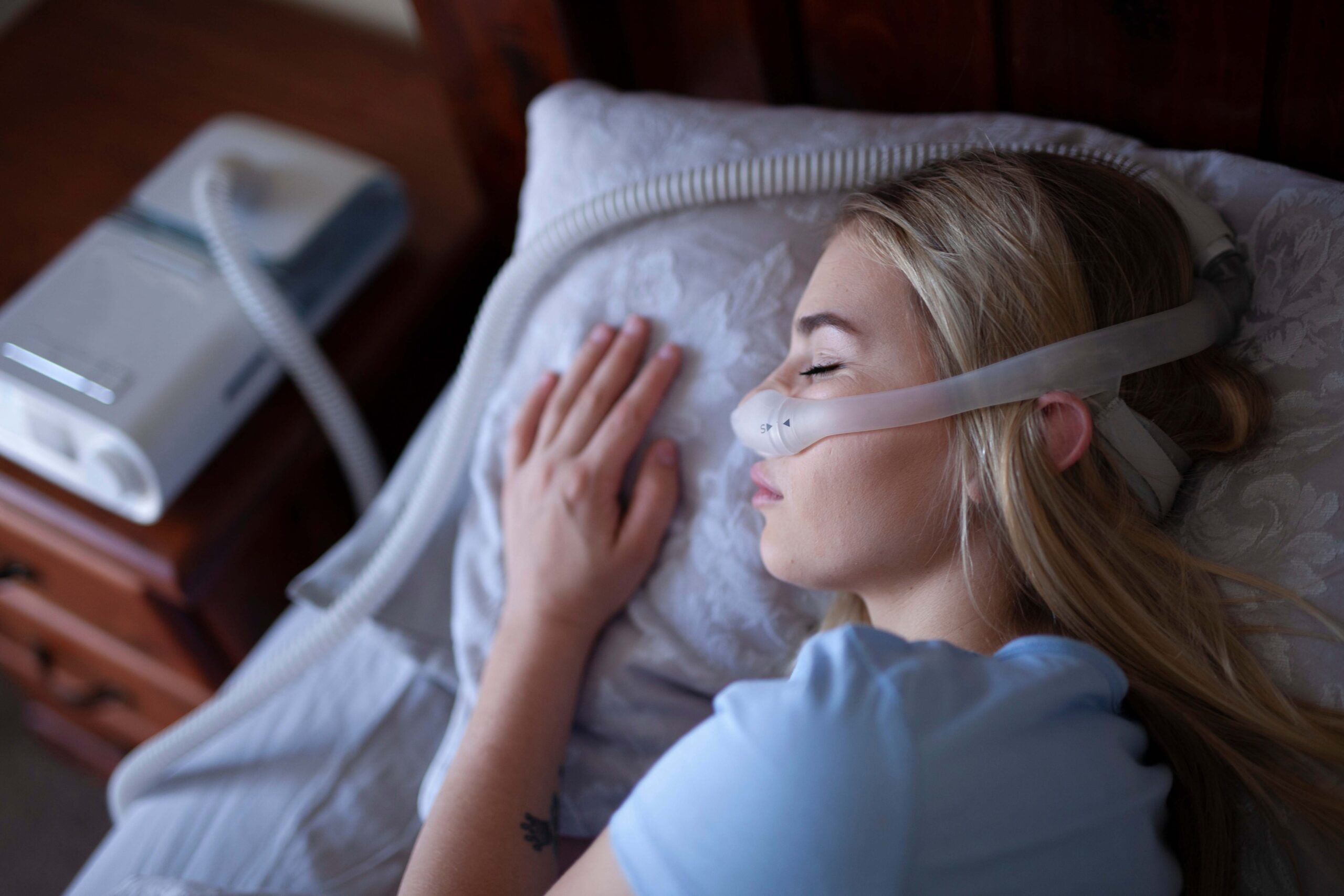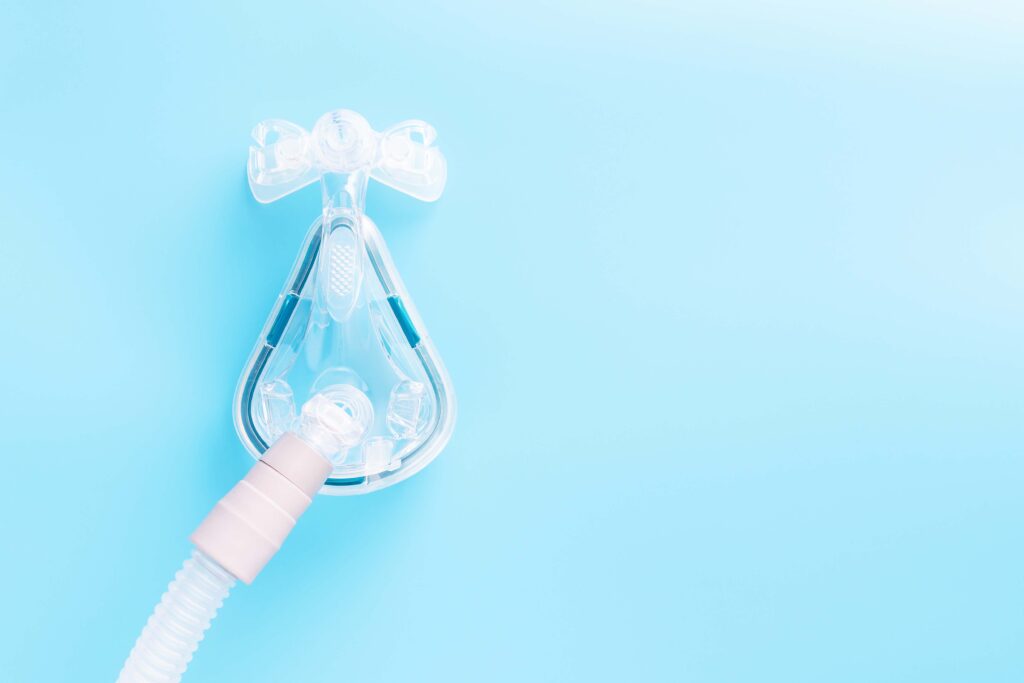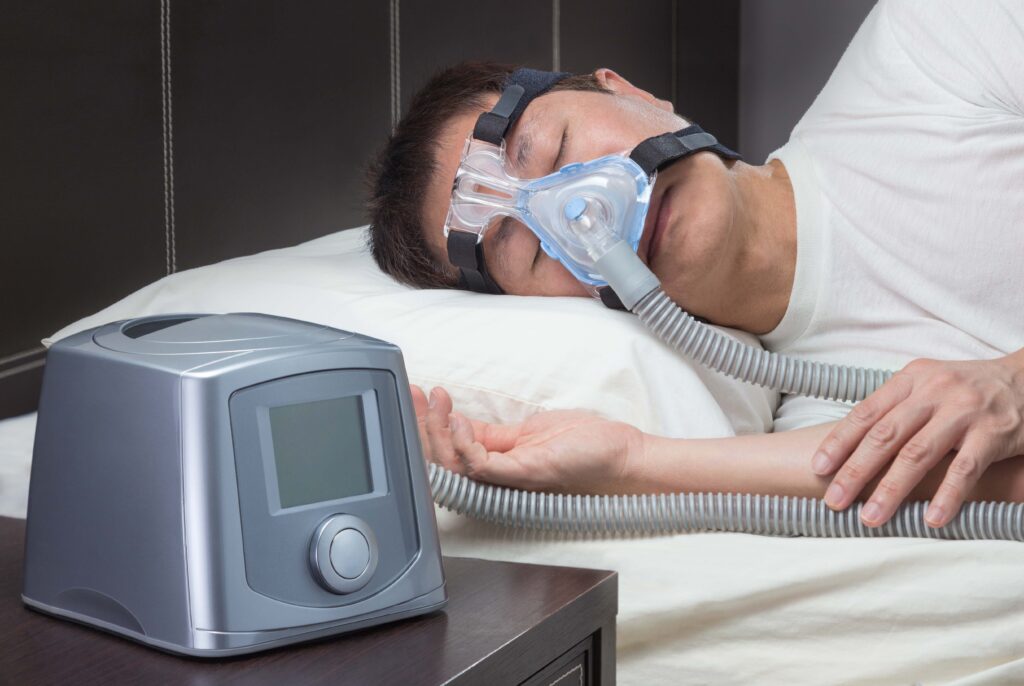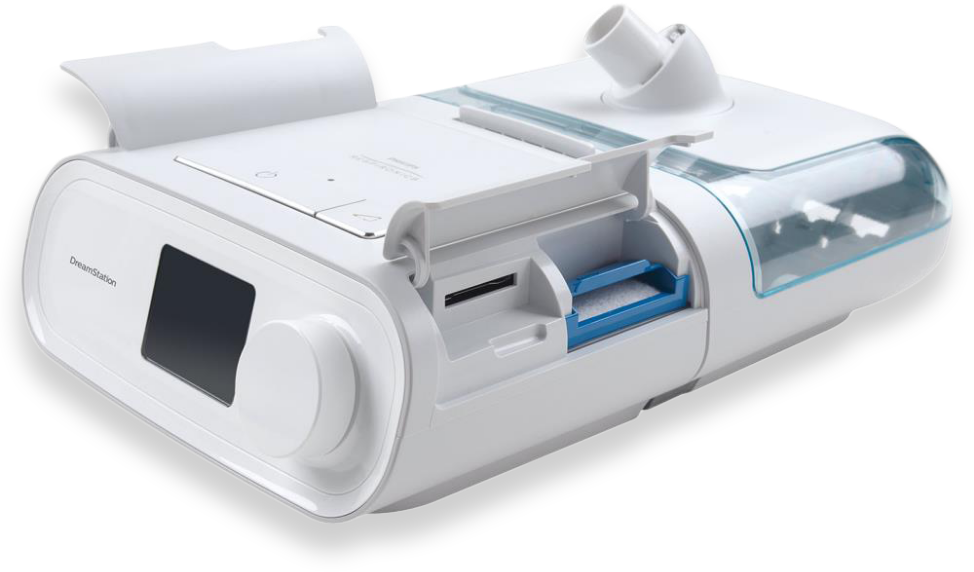CPAP Machines for Sale: Buy Affordable Options Online

Sleep is essential for our health, yet millions struggle with disorders like sleep apnea, hindering their nightly rest. If you’re among those grappling with this condition, you might be considering a CPAP machine as a potential solution. It’s an important decision, but navigating through the choices can feel overwhelming. Choosing the right CPAP machine isn’t just about picking a gadget; it’s about finding a tool that can help you reclaim your peace of mind and quality of life. Luckily, my mission here is to guide you through this journey. I’ve dedicated time researching affordable options that fit your needs, so you don’t have to sift through endless information alone. Let’s dive in and discover how to buy the right CPAP machine for better sleep!
You can find CPAP machines for sale on our website, where we offer a selection of various models tailored to your needs. Additionally, you may consider purchasing from healthcare providers or reputable online retailers, ensuring that any machine is accompanied by a valid prescription as required.
Buying a CPAP Machine: Where to Start
The first step is consulting with your healthcare provider, who plays an integral role in your path to effective sleep apnea treatment. They will conduct a thorough evaluation of your sleeping patterns and prescribe the most suitable type of CPAP machine tailored for your specific needs. This isn’t just about getting any machine; it’s about finding the right solution that matches your lifestyle and offers the comfort you need while you sleep. Without this prescription, purchasing a CPAP machine could be challenging since many retailers require one before sale.
Once you’ve got your prescription in hand, the next essential step involves exploring the various CPAP machines available on the market.
Educating yourself about different CPAP machines can significantly ease the purchasing process and help you make an informed choice. Here’s a quick overview of some commonly found varieties:
Each option has distinct features that cater to various preferences and medical conditions:
- Traditional CPAP: Delivers a constant, steady air pressure throughout your sleep, ensuring that your airway remains open.
- APAP (Automatic Positive Airway Pressure): Dynamically adjusts pressure based on airflow for personalized comfort, making it ideal for those whose breathing patterns vary throughout the night.
- BiPAP (Bilevel Positive Airway Pressure): Provides different pressures for inhalation and exhalation, enhancing comfort, particularly in more severe cases of sleep apnea.
- Travel CPAP: Compact and lightweight model designed for travelers, usually FAA approved and featuring waterless humidification.
With a better understanding of these types, it’s time to turn your attention towards brand research.
As you move forward, pay particular attention to leading brands in the CPAP market like ResMed, Philips Respironics, and Fisher & Paykel. These companies have gained reputations for quality and reliability among users. User experiences reveal that some prefer ResMed due to its quiet operation and ease of use, while others may find Philips’ models with simpler controls more appealing. Don’t forget to check customer reviews; they often provide insights into how well a machine functions over time, guiding you toward the best choice.
After selecting potential models, consider where you’ll purchase your CPAP machine—whether online or from specialized retailers. Gaining this well-rounded knowledge empowers you to make a smart purchase decision that improves sleep health.
Best Online Retailers for CPAP Devices
In the vast world of online shopping, navigating through options for CPAP machines can be a bit overwhelming. However, selecting a trustworthy retailer is paramount. Not only do reputable sellers provide competitive pricing and ample selection, but they often come with valuable perks such as guarantees, warranties, and flexible return policies. These factors are essential because when you’re investing in your health, you want to ensure that the product meets your specific needs.
Top Retailers
To help simplify your search, here are some of the best online retailers for purchasing CPAP machines:
- CPAP.com: This site shines with its competitive pricing and an extensive range of products. What’s more, they often run promotions that can save you up to 20%, making it a smart choice financially.
- SleepApnea.com: Known for their bundled deals, this retailer not only provides CPAP machines but also accompanies them with masks and accessories. It’s a great way to stock up on everything you need at once without hassle.
- RespShop: Beyond selling equipment, RespShop stands out by offering educational resources that empower you to make informed decisions about your therapy. Being knowledgeable about what you’re buying can significantly increase your satisfaction.
- Amazon: Although convenient, shopping on Amazon comes with a caveat: you must carefully evaluate the seller’s reputation. Always check product ratings and reviews to ensure that you’re purchasing from a reliable source.
Remember, it’s not just about getting the lowest price; it’s about ensuring that you receive value that will enhance your experience with CPAP therapy.
In many cases, these retailers routinely offer valuable incentives. For example, while CPAP.com might give you significant discounts on their products during seasonal sales or promotions, SleepApnea.com could entice you with free masks included in bundle purchases. This not only adds savings but also increases the convenience of getting everything you need in one go.
Buying from reputable online retailers not only secures a quality product but ensures peace of mind knowing your health investment is well protected and supported.
As we move forward, understanding essential characteristics that can impact your selection will be key to optimizing your CPAP therapy experience.
Key Features to Consider
When choosing a CPAP machine, think about your individual needs. One of the most crucial factors is the adjustable pressure settings; many users find that they require varying levels of pressure throughout the night. Having this flexibility not only enhances comfort but can significantly improve sleep quality. As your body transitions through different sleep stages, adjustable settings allow for a more tailored and responsive experience, ensuring you stay asleep longer and wake up feeling refreshed.
Another important consideration is humidification. Dry air blowing continuously can lead to discomfort such as dry mouth or throat irritation, making it harder to use the device consistently. Machines equipped with built-in humidifiers help alleviate these issues by maintaining optimal moisture levels in the air you’re breathing. If you live in a particularly dry climate or struggle with allergies, opting for a model that includes this feature can greatly enhance your comfort level.
Speaking of comfort, let’s talk about noise level. While some may overlook this aspect, it’s vital for an undisturbed night’s sleep. Look for devices that operate below 30 dB—a sound level comparable to whispering—so you won’t be distracted by humming or mechanical noises as you drift off to sleep. Quiet operation contributes not only to your own comfort but also helps keep peace in your bedroom environment if you’re sharing it with others.
Now, some might argue that data tracking is merely an optional feature, yet I strongly recommend it. A CPAP machine with data tracking provides invaluable insights into your treatment progress, allowing you to monitor usage hours and apnea events per hour. This information is key for both users and healthcare providers to assess the effectiveness of therapy over time and make necessary adjustments.
As you’re evaluating different options, don’t forget about the user interface of the machine itself. An easy-to-navigate design will save you from frustration, especially during post-purchase setup or adjustments. A well-designed control panel with clear indicators makes it easier for everyone, particularly those who may feel overwhelmed by technology.
All these features work together to improve sleep quality while effectively managing sleep apnea. By considering each element discussed here, you’ll be better prepared for the next steps in your journey toward better sleep health and informed choices about your therapy options.
User Reviews and Recommendations
Reading user reviews and recommendations is like peering through a window into real-life experiences, illuminating what to expect from various CPAP machines. Many users share stories that reflect not only the performance of the devices but also their impact on daily life. For instance, one user disclosed, “After switching from a Philips Respironics to a ResMed AirSense 10, I immediately noticed an improvement in my sleep quality and comfort.” Such testimonials highlight firsthand benefits, making them invaluable resources for newcomers and experienced users alike.
Through diligent research across various review platforms, it becomes clear that the ResMed AirSense 10 stands out consistently. It scores top marks for its reliable performance and intuitive design, making it particularly appealing for first-time users or those looking to transition from older models. Users appreciate the ease with which they can set up and utilize the features, leading to enhanced comfort during their sleep.
Interestingly, a recent 2023 survey of CPAP users revealed notable preferences:
- 83% of users favored machines equipped with integrated humidifiers, enhancing their overall experience by diminishing dryness during use.
- Conversely, only 74% found data tracking features useful—this reflects varying needs among users when it comes to technology integration.
These insights suggest that while certain features may enhance comfort, others may resonate differently based on individual use cases.
If you’re contemplating which device best matches your lifestyle, take heed of these statistics.
However, reviews shouldn’t be your sole source of guidance when selecting a CPAP machine. Engaging in discussions with fellow CPAP users through online forums or support groups can offer personalized advice tailored to your specific situation. Through shared experiences and tips, you might discover options you hadn’t considered or receive reassurance about your choices.
Integrating user reviews with broader conversations around CPAP usage positions you better to make informed decisions about which device will best serve your needs. Embracing this approach will not only enhance your understanding but also enrich your sleeping experience.
With these valuable insights in mind, we can now explore how to evaluate options more effectively by examining both pricing strategies and product quality in the CPAP market.
Comparing Prices and Quality
The cost of a CPAP machine can indeed fluctuate widely owing to various factors such as brand reputation, advanced features, and the retailer’s pricing strategies. Understanding these nuances is critical for potential buyers, especially when trying to balance budget constraints with the need for effective sleep apnea management. For instance, premium options like the ResMed AirSense 10 may command a higher price due to its robust performance and user-friendly design, but are they worth the splurge?
Price Comparison
| Brand | Model | Price Range | Average User Rating |
|---|---|---|---|
| ResMed | AirSense 10 | $600 – $900 | 4.7/5 |
| Philips Respironics | DreamStation 2 | $500 – $800 | 4.3/5 |
| Fisher & Paykel | SleepStyle | $700 – $1000 | 4.2/5 |
While browsing through these options, remember that the highest price doesn’t automatically equate to the best performance. It’s wise to compare specific product features. For example, consider whether you prefer a unit with auto-adjusting pressure like the AirSense 11, which is particularly beneficial for users who experience variable breathing patterns during sleep.
Additionally, keep an eye out for seasonal sales and discounts; reputable retailers often provide significant savings during holiday sales. Amazon frequently runs promotions offering 10-15% off on CPAP devices. However, I always recommend verifying the seller’s authenticity before making a purchase—just to avoid any disappointments.
To ensure you’re investing in a quality machine, go beyond just looking at price tags. Check specifications thoroughly—the pressure range should match your needs (most CPAP machines have ranges from 4 cm H2O up to 20 cm H2O), and consider features that may enhance your comfort, such as a ramp function or heated humidifiers.
Furthermore, understanding warranty options provides insight into the manufacturer’s confidence in their product quality. A longer warranty period can be indicative of both durability and reliability, giving you peace of mind that your investment is protected.
With a clearer picture of how price relates to quality and functionality, we can now explore additional enhancements that significantly shape the user experience—particularly regarding mask comfort and design elements.
Comfort Options for CPAP Masks
The mask you use can be just as vital as the machine itself. It’s where functionality meets personal comfort, influencing how well your treatment works. If a mask is too tight or too loose, it will cause discomfort, resulting in poor sleep quality and potential issues with adhering to CPAP therapy. Thus, finding a mask that fits you properly should be high on your priority list.
Types of Masks
When exploring options, consider these three primary types of CPAP masks:
| Mask Type | Description |
|---|---|
| Full-Face Masks | Cover both your nose and mouth; ideal for mouth breathers; robust seal for higher pressure levels but may feel bulky. |
| Nasal Masks | Only cover the nose; allow more airflow without being overly intrusive; minimalistic design; might cause nasal dryness with low humidity. |
| Nasal Pillow Masks | Rest gently at the nostrils; lightweight and unobtrusive; perfect for side sleepers feeling less bulk. |
Interestingly, many side sleepers find that nasal pillow masks suit them best due to their compact nature and limited contact with the face. This can prevent pressure points from forming during the night while still maintaining the integrity of your therapy.
One fan of the nasal pillow mask shared, “Switching to a nasal pillow mask was a game-changer for me. I hardly notice it’s there, and I sleep much better without the bulk of a full-face mask.” Testimonials like this reveal the importance of comfort in enhancing compliance with CPAP therapy!
Keep in mind that finding the right fit ensures the mask creates a proper seal – preventing air leaks and maximizing your therapy’s effectiveness. This significantly reduces discomfort usually associated with continuous positive airway pressure (CPAP) systems. Trying out various options can make all the difference in your treatment experience.
Once you’ve found a comfortable fit, don’t hesitate to explore additional features such as adjustable headgear or softer materials to enhance your overall experience even further.
In summary, selecting the right CPAP mask tailored to your needs plays an essential role in ensuring effective therapy and better sleep quality. Prioritizing comfort and proper fit leads to improved adherence and overall satisfaction with your CPAP journey.



